Clutter Is Costing You More Than You Think
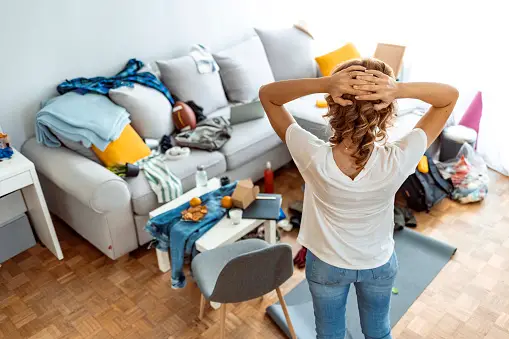
The cost of clutter goes deeper than dollars and cents. It’s also the cost of time, space, resources, convenience, or anything else that loses value over time, or becomes harder to attain because you have so much stuff lying around.
It’s easy to let clutter take over your life, especially when it seems like every day, the mess gets bigger and bigger.
One way to fight back against clutter is to understand how it’s costing you. By looking at different ways clutter impacts your life, you can start making changes that will free up your space, time, and energy.
1. Clutter takes up space

One of the ways clutter costs you is by taking up valuable space in your home. If your house is cluttered, it can feel like you’re constantly tripping over things or that there is nowhere to put anything. This is frustrating and leads to feelings of overwhelm.
In fact, 72% of Americans believe they would have more room in their homes by getting rid of what they do not use, and 41% have not decluttered in more than a year (source: Americans have too many things).
Try this on for size. Look at how much living space is used for storage rather than for living. If your home is storing more than necessary, it is best to free up some living space and declutter your stuff. Not only will this give you more room to move around, but it can also make your home feel more spacious and open.
A cluttered home can feel smaller and more cramped than it is. At the end of the day, cluttered rooms have less usable space and often feel much more crowded.
You can conquer the cost of clutter by making better decisions about what you buy and how much space it will take up in your home. Start to make changes one room at a time and gradually build momentum.
2. Clutter costs you time
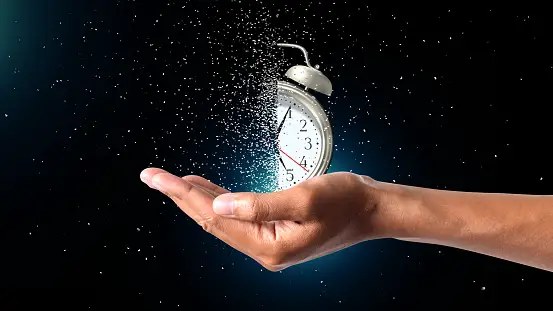
Are you frequently searching for misplaced items? If your home is cluttered, it can be hard to find what you’re looking for when you need it. This results in wasted time searching or buying replacements for the things you can’t find.
Additionally, if your house is cluttered, it takes longer to clean. So, you’re spending more time dusting, vacuuming, and doing other household chores than you need to, and the task is likely less enjoyable.
It’s critical to declutter your home on a regular basis if you want to save time. This will assist you in locating items when you need them and keeping your house clean.
3. Clutter causes stress

The cost of clutter doesn’t just stop at space and time. It can also cause stress. A cluttered home can be a source of anxiety, and it can make it difficult to relax or focus.
If you’re constantly surrounded by mess, it can be hard to find anything or feel like you’re making progress. This can lead to feeling stressed out.
Finally, clutter can take a toll on your mental and emotional health. Studies have shown that living in a cluttered home can increase levels of stress and anxiety. So, if you’re looking to improve your overall well-being, it’s important to declutter your space.
4. Clutter affects your relationships

The cost of clutter doesn’t just stop at your well-being. It can also affect your relationships. If you’re constantly arguing with your spouse or partner about the state of your home, it can put a strain on your relationship.
It’s also important to consider how your clutter is affecting the people around you. If you have young children, they might not have a safe place to play if your home is cluttered. If you have elderly family members living with you, they might trip and fall if there are hazards around the house.
By decluttering your home, you can improve your relationships and make your home a safer place for everyone.
5. Clutter can be a fire hazard
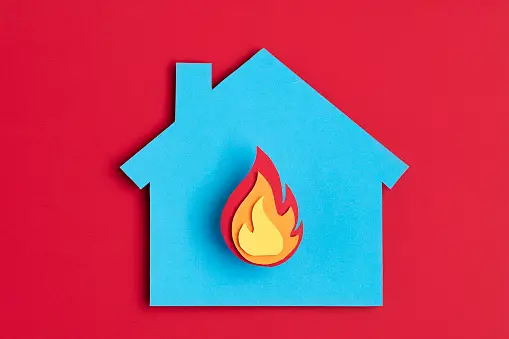
If your home is cluttered, it could be a fire hazard. This is because clutter can block exits and make it difficult to evacuate if an emergency were to occur. Potential fire hazards, such as candles or electrical cords, could be hidden by clutter.
Decluttering your home can create a safer environment. And help you and your family stay safe in the case of an emergency.
6. Clutter contributes to procrastination
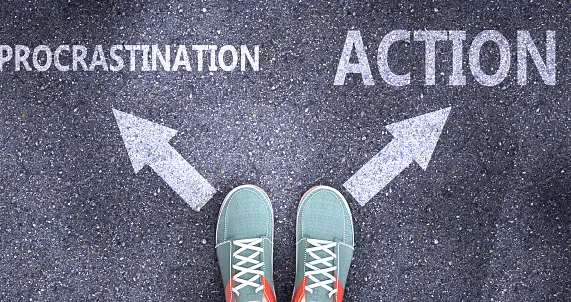
If your home is cluttered, it can be hard to focus on what you need to do. Clutter can be distracting and overwhelming. It can also be a sign that you’re trying to avoid something.
For example, if you’re avoiding dealing with your finances, you may let bills and statements pile up. Or, if you’re procrastinating on a project, you may let the clutter in your office build up. Similarly, if you’re trying to avoid a difficult task, you may let the clutter in your home become out of control.
To be productive, it’s important to keep your environment clean and organized. This will assist you in staying focused on what’s important and help you avoid procrastination.
7. Clutter costs money
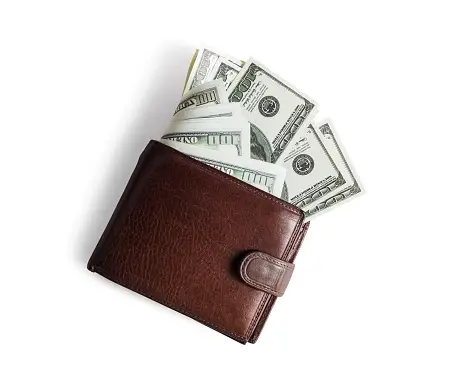
Another way that clutter can cost you is by costing you money. It might not seem like it at first, but when you think about all the stuff you’re holding onto that you don’t use, it starts to add up.
For example, let’s say you have a closet full of clothes you don’t wear. You might have bought them on sale or clearance, but if you’re not wearing them, they’re taking up space.
Or maybe you have a junk drawer that you’ve been meaning to declutter and organize for years. However, every time you move, you pack it up and unpack it again, and it’s just a waste of time and money.
It’s important to take stock of the items you have and get rid of anything that you don’t need or use. It’s worth it in the long run. Not only will you save money, but you’ll also declutter your home and your life.
The bottom line
The cost of clutter is high, but not impossible to overcome. By making better decisions on what to keep and what to get rid of, you can declutter your home. This will help you save money, reduce stress, and improve your relationships.
To help accomplish your decluttering goals, get our Declutter Workbook containing step-by-step decluttering instructions, a re-usable template, and a checklist.
So, what are you waiting for? Start decluttering your home and reclaiming your life!